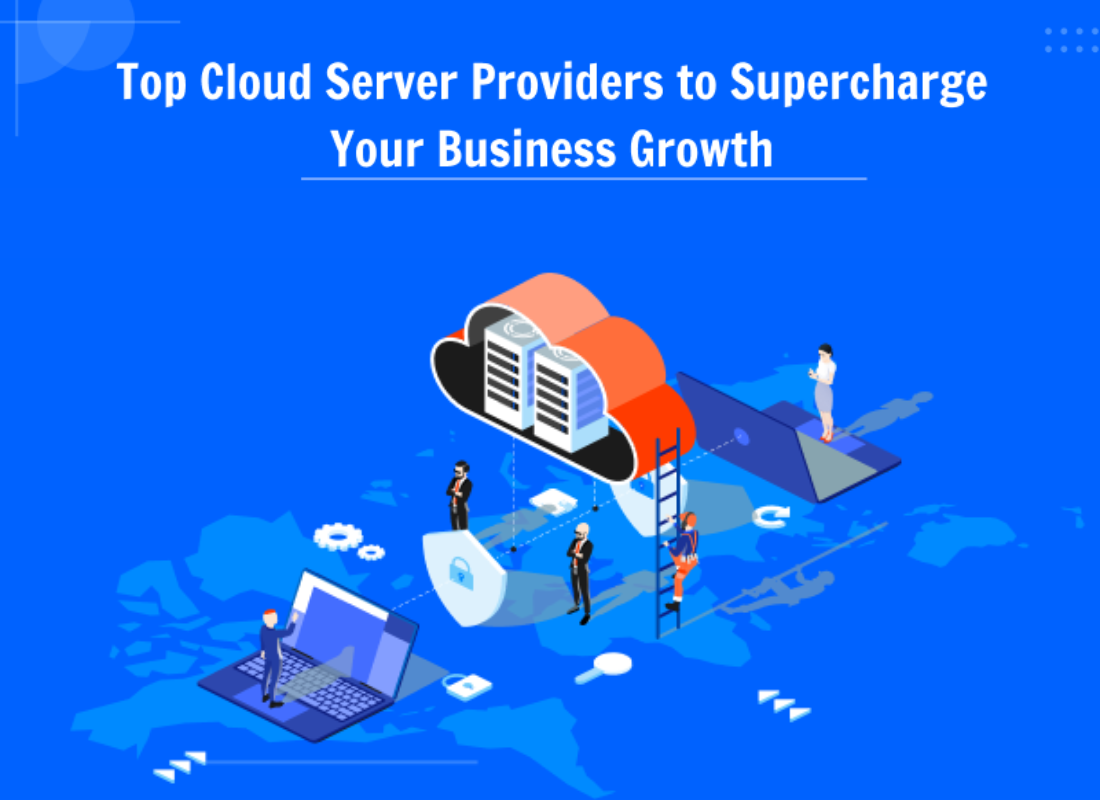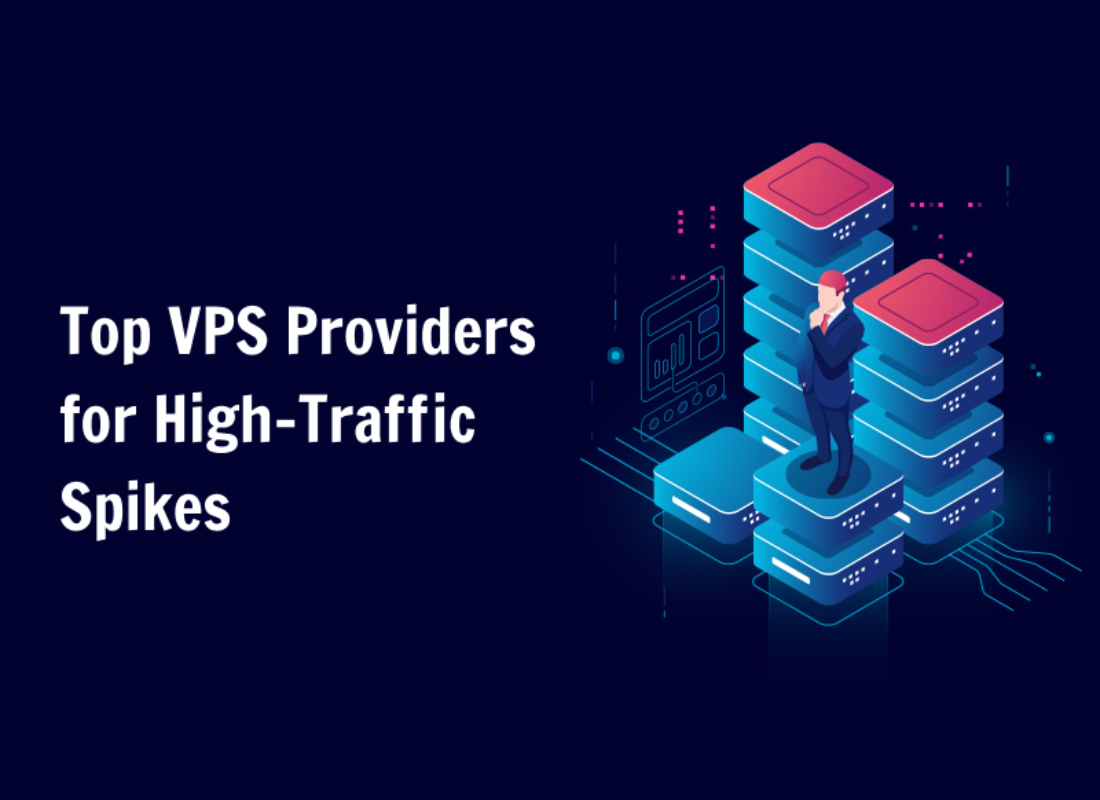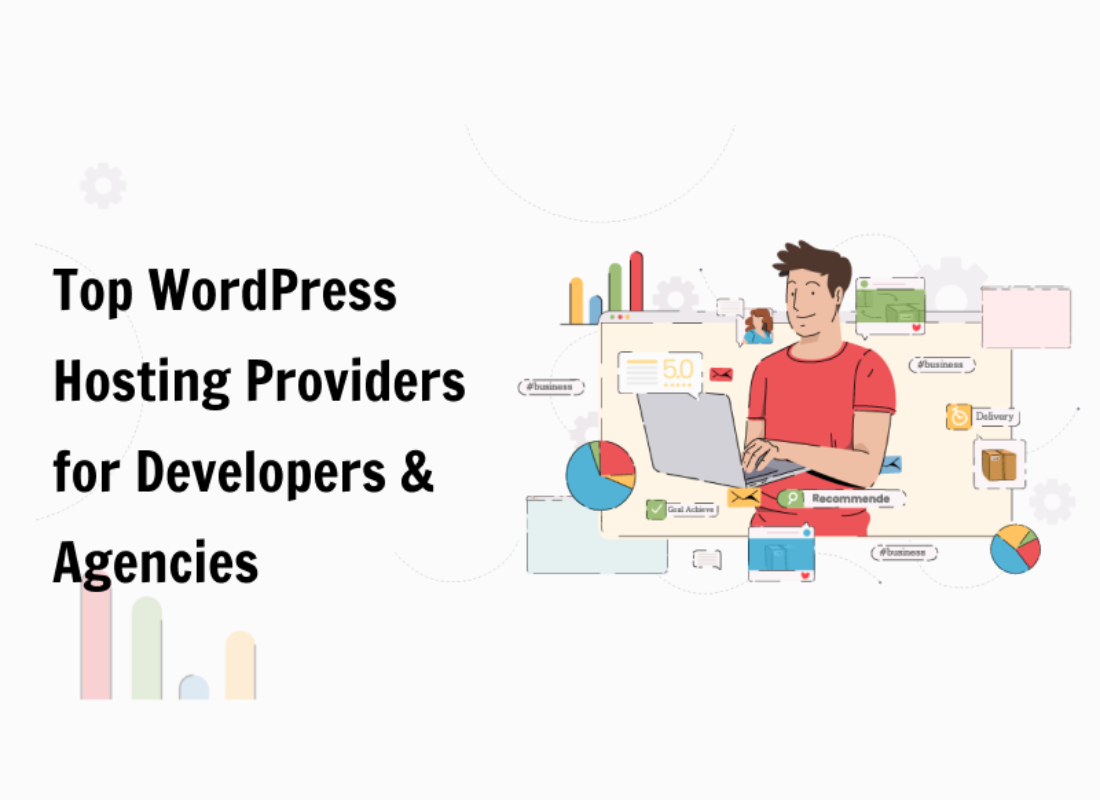Would you like to know more about eCommerce APIs in detail? Well, here is the detailed guide that helps you understand everything about eCommerce APIs and their importance. Bearing in mind, that in this digitally backed-up era, almost everyone is able to launch an eCommerce platform to engage and attract customers. However, what if you are an online business?
A business that is determined to have a solid digital strategy and stand out from the competition, right? Eventually, you’ll be well aware that not every single eCommerce instance is going to work. In fact, most of the eCommerce instances that are just launched and nothing else face failure. There’re key things for a perfect ecommerce API integration in a successful venture.
You’ll need to ensure these things:
- Seamless flow of shopping items for your online customers
- The website or application should offer a user-friendly environment
- The catalog of products is relevant and clear.
- The experiences of shopping that your eCommerce platform offers should be catered to the needs of your customers
One of the most important things that matter for the eCommerce sector is speed. It is not just the loading speed of the website but speed related to everything involved in eCommerce. Technically, there’re many other forms of speed…
This includes the following:
- Speed of launching the eCommerce website or app.
- eCommerce frontend and backend customization speed.
- Speed of incorporating new technologies into your eCommerce assets.
- Speed of making changes and optimizing your various solutions involved in eCommerce.
- Speed of responding to the demands and queries of the customers
The speed of execution in this industry depends upon how capable your technology and software are. And it is a fact that traditional platforms have several limitations when it comes to achieving speed. eCommerce organizations or businesses that are intended to achieve speed make use of API-based ecosystems with their eCommerce solutions.
Today, APIs have become a well-known term for the whole eCommerce ecosystem and it has made a wonderful difference in this sector. However, many of you would be novices to this term. Then you would surely be interested in exploring it and how it can help enhance your eCommerce strategy. This post explains in detail eCommerce APIs and their importance in this industry.
What Is An API?
Before we dive into the understanding of eCommerce API, it is better to first learn what an API is. An API is the acronym for Application Program Interface and is defined as the set of protocols, routines, and tools that are essential for building software applications. An API basically specifies how the components of the software should interact.
Besides these, APIs are also utilized for programming various GUI or Graphical User Interface components. In simple words, we can say an API helps you declare an interface to let you interact with its logic or program. The interaction takes place in such a way that you don’t know what is actually happening in terms of the logic or program.
It puts a mask on the whole complexity of the system thus leaving an easy-to-use and consume system at the front.
What eCommerce APIs Are All About
By definition, eCommerce APIs are tools that help developers transfer information from one software to another and then use this data in a single user interface. To enumerate, API stands for Application Programming Interface. In the context of APIs, the word Application refers to any software with a distinct function. The interface can be thought of as a service contract.
Perse, a contract of service between two applications. This contract defines how the two communicate with each other using requests and responses. These APIs work as an extensible platform that integrates with various solutions. So that companies can take advantage of their existing functionality without building features from scratch.
In simple terms, eCommerce APIs are a set of commerce functionalities that are exposed to your eCommerce platform through APIs. These functionalities may include payments, carts, checkouts, orders, and more. It’s a software tool that an online eCommerce store can program in order to simplify and automate plenty of fulfillment procedures.
It acts as a connector between the backend and front end of the eCommerce platform. Imagine back in the day, before cell phones. Of course, in relation to that, we can simply that it’s some software that sends information back and forth between a website or app and a user.
How To Use An eCommerce API Plus The Main Models
API integrations are involved in almost every part of eCommerce especially when we talk about offering exceptional user experience to customers. The eCommerce APIs are built to take instructions and carry out respective functions. The basic idea of this is to reduce manual interventions as well as efforts. These help in ensuring everything works perfectly.
Moreover, online eCommerce platforms should have ranging from smoothly running shopping carts, order tracking, payments, returns, refunds, and much more… One of the important instances of eCommerce APIs that is often missed is the mechanism utilized for presenting estimated delivery dates or EDD. The functioning of this API is dependent on the customer data.
Such as the data that a customer inputs, like their address details (pin codes, district, etc.
). Once a customer enters their address, the estimated delivery date API starts its function. It estimates delivery dates on the basis of the delivery performances of the carrier. The result is shown to the customer and they can make their choice over the products under consideration.
To find the best API that meets your eCommerce requirements, you must first have knowledge of the different types of eCommerce APIs available and the models that they are based on. Before we get into their types, let’s first explore different eCommerce API Models. These models help in categorizing different API types, and each has a significant backend role.
1. System API Model
Ecommerce platforms depend upon system APIs to get the tasks done, data processed and passed forward, and automate processes. System APIs carry out communication with APIs of other systems irrespective of the languages used for coding. APIs such as checkout APIs and shipping APIs fall under this API model.
2. Process API Model
Process APIs are also known as Client APIs and play a significant role in integrating with single or even multiple systems. At times when data silos are formed, process APIs break them into separate databases for the management of information. It implements this function by joining systems APIs without any intervention in their communication or functioning.
3. Experience API Model
The experience API model consists of APIs that manage the display and organization of the data. So these APIs are highly important for user experience for administrators as well as customer experience for online eCommerce businesses. For instance, experience APIs are the APIs that help in the display of delivery status, etc. Moreover, the estimated delivery date API also comes under this model.
The Main API Uses Example Types
As I aforementioned, API is the acronym for Application Programming Interface, which is a software intermediary that allows two applications to talk to each other. For instance, each time you use an app like Facebook, send an instant message or check the weather on your phone, you’re using an API. Headless CMS Software makes content accessible via an API for display.
Particularly, on any given device without a built-in, front-end, or presentation layer. The term “headless” comes from the concept of chopping the “head” (the front end) off the “body” (the back end). It enables companies to open up their applications’ data and functionality to external third-party developers, business partners, and internal departments within their companies.
In terms of API-based integration, an Application Programming Interface (API) is a messenger that processes requests and ensures the seamless functioning of enterprise systems. Essentially, they use what we call API Keys to work. Whilst, enabling interaction between data, applications, and devices. It delivers data and facilitates connectivity between devices and programs.
Apart from the main web APIs, there are also web service APIs that include SOAP, XML-RPC, JSON-RPC, and REST. At the same time, under the above-discussed 3 API models, there are plenty of APIs that come under each of these. However, we will talk about the most common types of APIs that are highly important for an eCommerce instance.
-
Marketing APIs
Marketing APIs assist you in automating various marketing functions. Such as in the case of paid advertising on various platforms, their marketing APIs ensure that ads are displayed according to the instructions provided by advertisers keeping in mind customer behaviors.
-
Inventory APIs
Inventory API helps you integrate stock management services with your inventory. It also helps you in keeping track of your incoming and outgoing inventory.
-
Catalog APIs
Catalog API ensures that all of the products in your online catalog are accessible to your customers. The filtration and search system is managed by this API.
-
Courier APIs
A courier API integrates your eCommerce services with desired courier companies
-
Channel APIs
A Channel API is used if you are using single or multiple selling channels. It helps in the synchronization of your storefront and backend.
-
Shipping APIs
Shipping API performs a vital role in eCommerce as it makes sure that all of your shipped products are reaching your customers properly.
-
Login APIs
Login APIs are responsible for carrying out login-related tasks such as authenticating login IDs, creating login databases, etc.
-
Validation APIs
Specifically, Validation APIs are usually the main tools that validate the information provided by the customer. Such as delivery addresses, feasible delivery pin codes, etc.
-
Tracking APIs
Tracking APIs help you track your order during the whole process of shipping.
-
Payment APIs
Payment APIs are responsible for collecting payments quickly from customers.
Why eCommerce APIs Are So Important
As discussed, APIs help to integrate multiple platforms with one another. For instance, you can integrate your eCommerce store with a courier company account and import all the data related to your orders and shipment. These assist you in streamlining your eCommerce operations on a single platform without much interference.
There are a lot more reasons that make eCommerce APIs an important aspect of your online business. Let’s explore how these are important.
#1: Knowledgebase
eCommerce APIs let you sync your website pages with the global database-based product catalog. This database helps in sharing detailed knowledge about the products. In other words, these APIs assist in displaying brand-related pictures, product descriptions, specifications, and product titles extracted from a global product database.
#2: Search
eCommerce APIs enable you to add advanced search-related features to your online portal to offer an exceptional shopping experience to your customers. Search APIs help offers a hassle-free search experience to users by offering detailed product search options.
#3: Security
eCommerce APIs also ensure enhanced security of your system by allowing users to request data. It helps protect your eCommerce data using several security measures like encryption
#4: Reusability
eCommerce APIs are built using a service-oriented approach and therefore can be reused across multiple applications and platforms. Being reusable, these save quite a lot of time and effort that otherwise a website or mobile app development company in India requires
#5: Scalability
eCommerce APIs help you in connecting to the new system without affecting the original system, hardware, or program. Just a few lines of code and your eCommerce system is connected to the new system.
Conclusion:
If you consider the right technology and eCommerce API integration, both shipping and order fulfillment can be quite easier. It can help you achieve your goals in a better and more effective way. So, hire Magento eCommerce developers in India to get started with eCommerce API. Eventually, you’ll be able to see how it boosts your eCommerce business.
Likewise, if you’ll need any additional help, you can always Consult Us and then let us know how we can come in. Furthermore, our team of Web Tech Experts Taskforce will be more than ready to support you in any way necessary. You can also share your additional thoughts, suggestions, opinions, or even any other contribution questions in our comments section.




